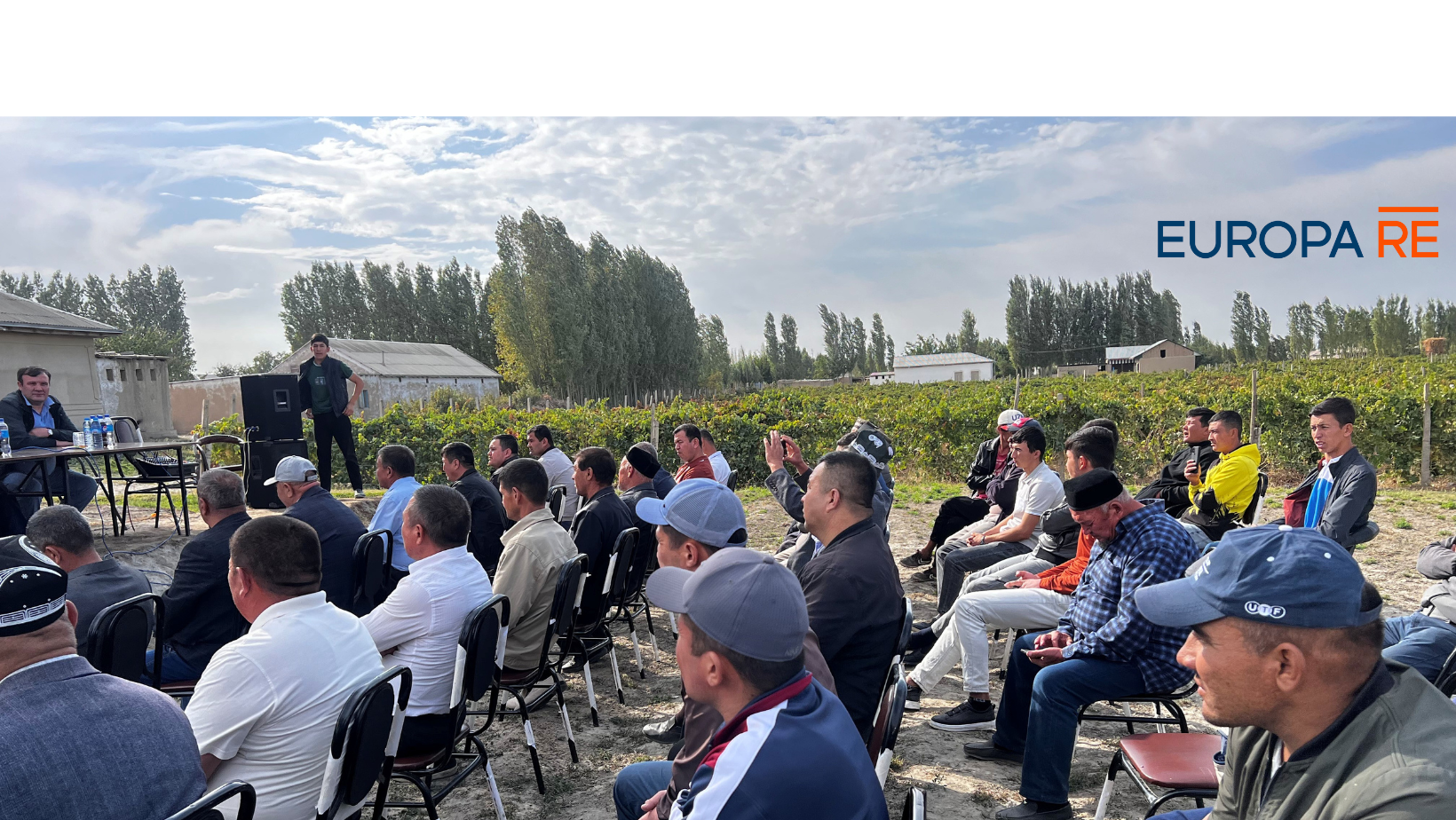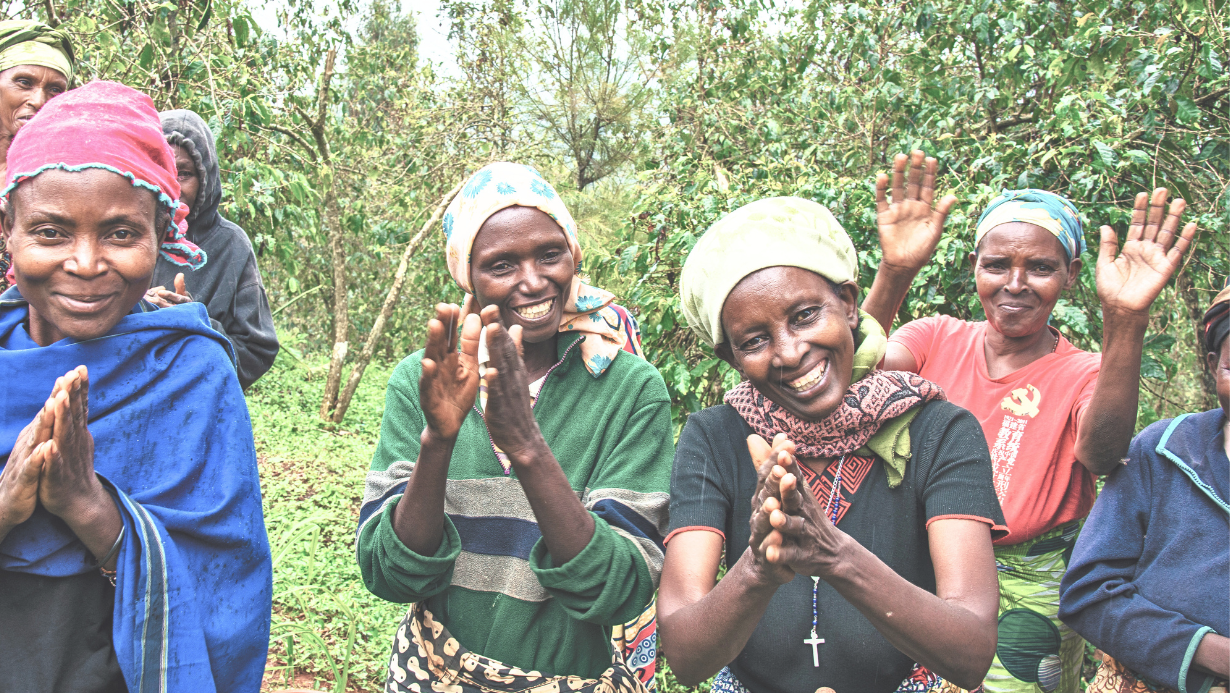Project Highlight – Driving digitalization of savings products in Mozambique

In Mozambique, SCBF supported a project with Accion (technical assistance provider) and Socremo MicroBanco, SA (‘Socremo’) that worked to expand financial inclusion of low-income individuals and entrepreneurs by offering a digitally enabled savings product and leveraging digital channels to introduce an assisted and self-service model for savings. The problem statements that the project set out to resolve were: (i) Low savings product uptake (number and value) & (ii) High-risk concentration in fixed deposits with high interest rates, thereby affecting bank profitability. Socremo’s existing savings product, called ‘Vitamina,’ was upgraded to allow voluntary savings without linkages to any loans. The product was integrated with a mobile wallet service, and later, based on a product review exercise, a funeral benefit was added to the savings balance as a value-added feature. A mobile app was deployed, allowing customers greater control over self-service items such as loan repayments, product applications, and customer support. However, it’s still in a pilot phase and being adjusted to manage regulatory limits, reduce fraud, and manage bank liquidity position.

Socremo has projected to close with a total of 17,775 Vitamina accounts by December 2023, representing a growth of around 55% from the December 2022 closing. To achieve this, the following activities are being implemented at the ground level:
- Client awareness campaigns through road shows, fairs, radio & television, social media, etc.
- Vitamina product campaign with the entire sales force to engage them in promoting the product.
- Incentive scheme including special bonus for the best performance on Vitamina mobilisation.
Key Learnings:
Some important learnings gathered during the project are:
- Continuously engaging with customers to understand and resolve the early adoption issues; Initial hesitation and lack of trust of the customer segment in accepting and adopting microinsurance products were encountered; in order to resolve this, Socremo, Accion, and Hollard worked together throughout the implementation phase to understand the challenges being faced by the customers. Using human-centered design, the partners worked together to identify friction areas, addressing issues with each product iteration while increasing consumer awareness around insurance.
- Involving field staff to bridge the trust gap and for better communication; Given the field staff’s regular engagement with the customers over a longer period, the customers had a trusted relationship with them, which helped in communicating the product offering in a better way. This made the process simpler, consistently leading to better product adoption.
- Working cohesively (all partners) is important for better acceptance of products; After initial identification of the customer pain points, the partners worked together to simplify the onboarding and policy administration phase. For example, Socremo staff assisted in the premium payment on behalf of Hollard, the staffs (both in the branch or field) were available to the customers for any post-sales services, and they helped Hollard in customer engagement activities. Also, using multiple engagement channels (e.g., radio, SMS, in-person visits, and staff in branches) to emphasize the importance and need for insurance while positioning Socremo and Hollard as trusted partners helped immensely.
Additional learnings and more on the product design journey are captured in the project’s final report, published by Accion with support from SCBF: “Unlocking the benefits of embedded insurance for micro and small businesses: Insights from Mozambique.”
Testimonials:

Read the completed Project Report
Cover picture credit: Getty Images Signature



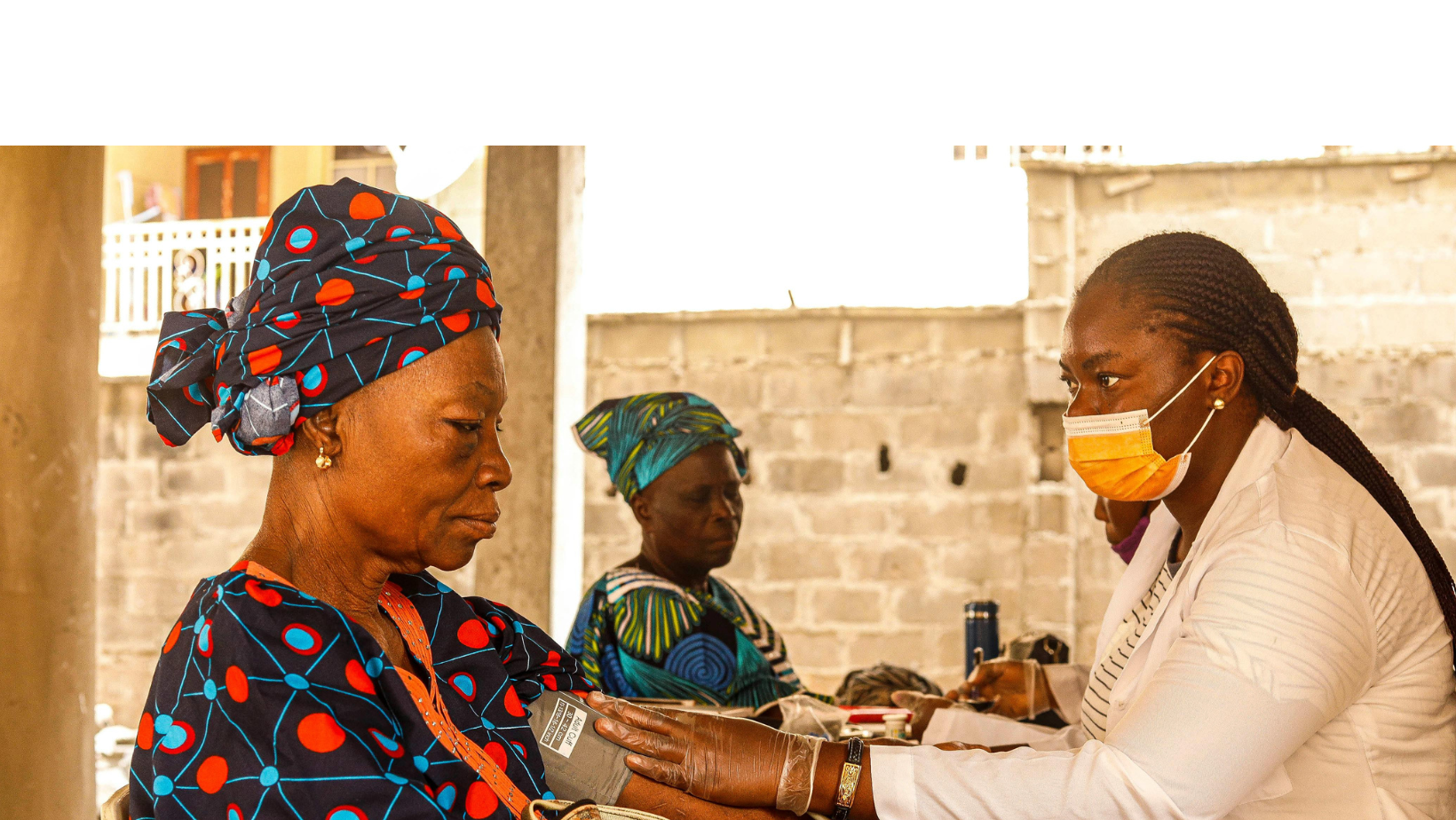
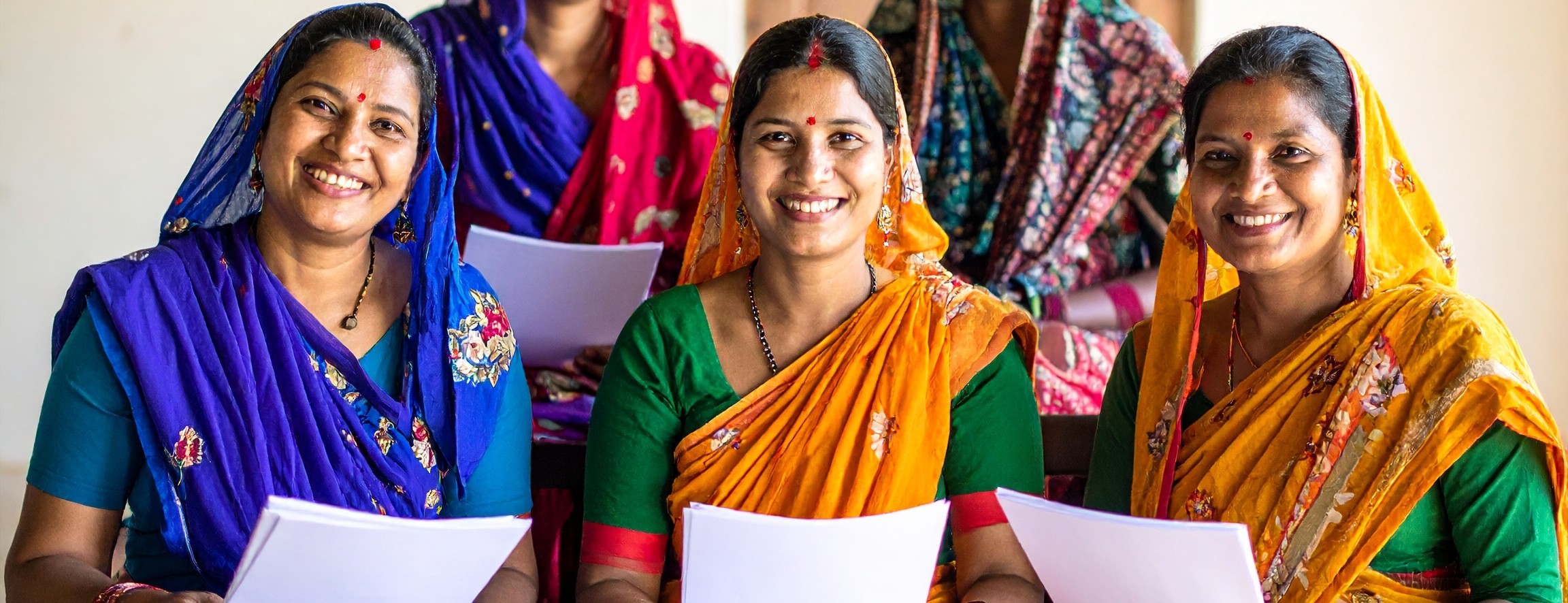









































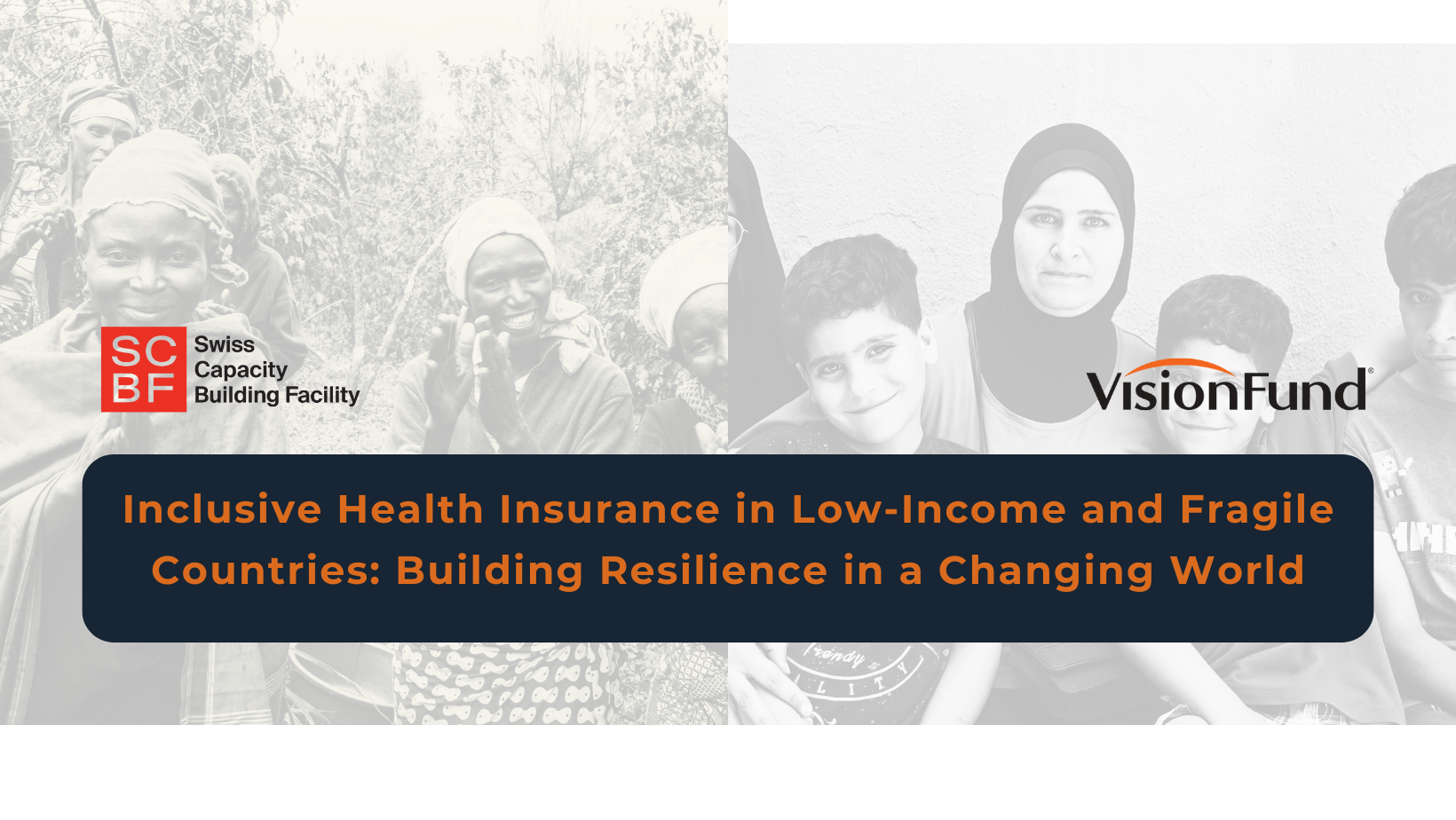









.png)








